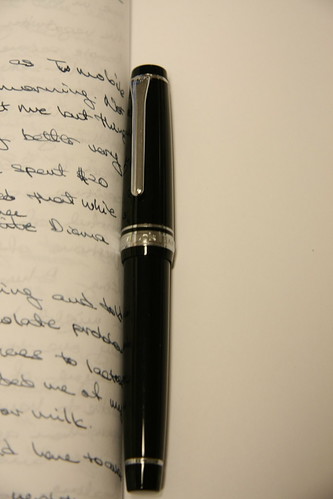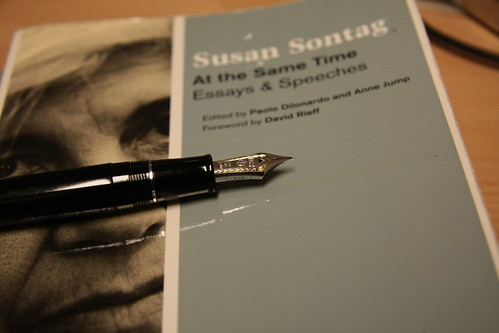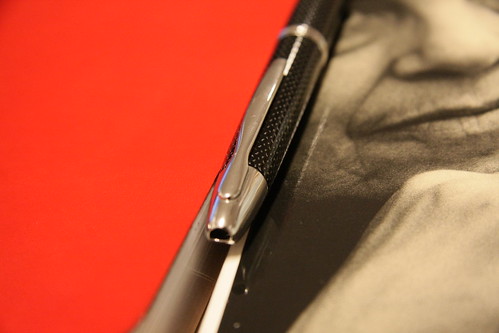Directed from Fountainpen network to
New York TimesOctober 2, 2008, 12:26 pm
E-Mails and LiesE-mail has become one of the dominant forms of workplace communication, but new research suggests it also may be the most deceptive.
Researchers at Rutgers and DePaul Universities studied how e-mail influenced communication among 48 graduate students. In the study, they told students they had $89. Each student could then divide the money any way he or she liked and give a portion to another person whom they didn’t know.
The students used e-mail or pen and paper to divvy the pot. In describing the amount of money to be divided, students using e-mail lied more than 92 percent of the time. In comparison, about 64 percent of the students using pen and paper lied about the pot size.
Among those students who lied about the size of the pot, the students using pen and paper were more generous. On average, students using e-mail claimed the pot was $56, and they offered the other person $29. Pen-and-paper students said they had $67 to share and offered the other person $34.
“There is a growing concern in the workplace over e-mail communications, and it comes down to trust,” said Liuba Belkin, a co-author of the study and an assistant professor of management at Lehigh University, in a press release. “You’re not afforded the luxury of seeing nonverbal and behavioral cues over e-mail. And in an organizational context, that leaves a lot of room for misinterpretation and, as we saw in our study, intentional deception.”
The findings were presented at the annual meeting of the Academy of Management in August and reported in a Lehigh University press release.
Researchers noted that something changes when a person puts their fingers on a keyboard, rather than putting something in their own handwriting.
“E-mail communication decreases the amount of trust and cooperation we see in professional group work, and increases the negativity in performance evaluations,” said co-author Terri Kurtzberg of Rutgers. “People seem to feel more justified in acting in self-serving ways when typing as opposed to writing.”








